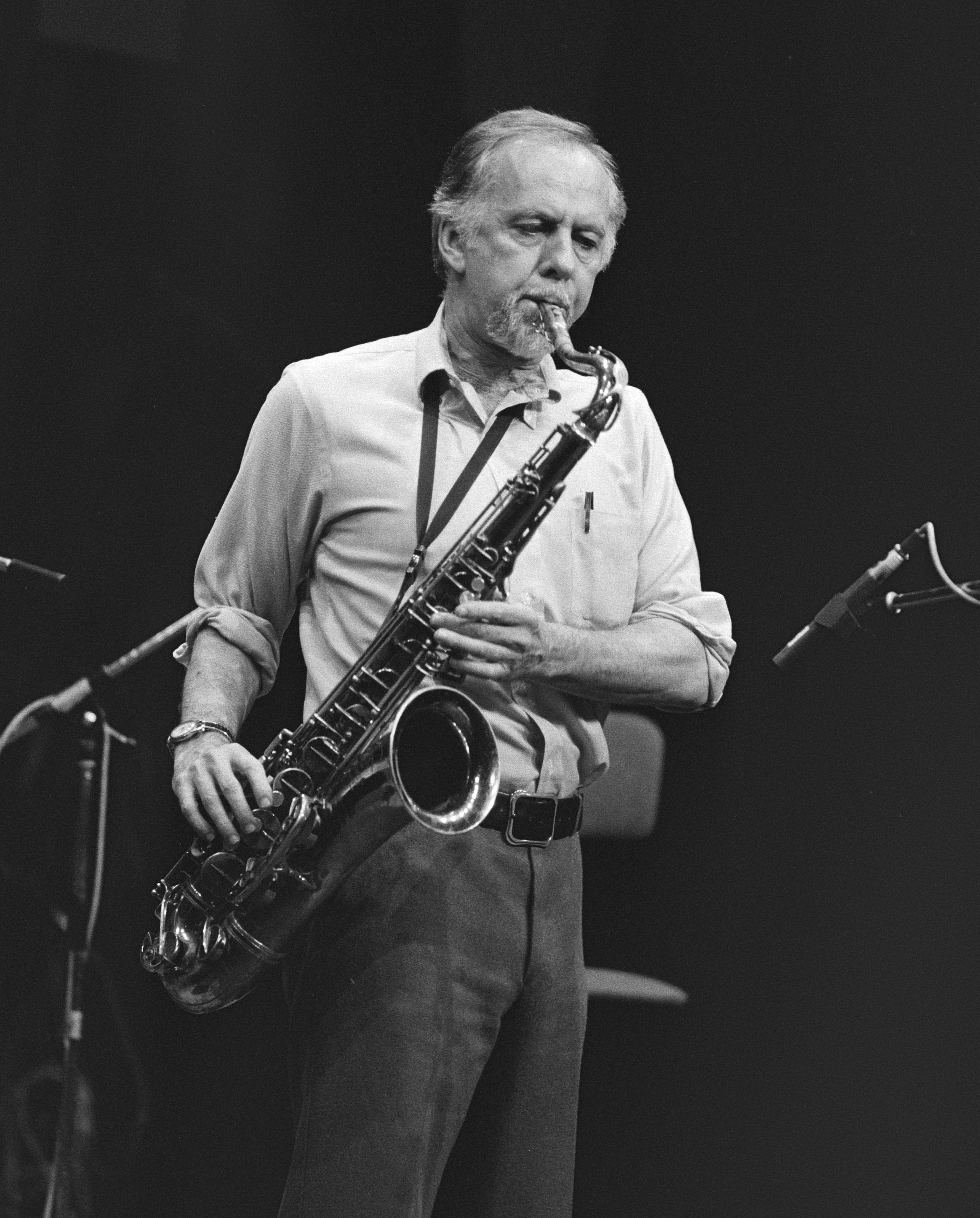
A couple years ago, I noticed that the name “Lennie Tristano” had become a recurring presence in my realm of musical interests and experiences. Lennie Tristano (1919-1978) was a jazz musician from Chicago. He is known for having a particularly distinct artistic voice on his instrument, which was the piano. His playing impacted other musical figures I admire, specifically the pianist Bill Evans and the composer Philip Glass. Despite encountering his name on a regular basis, I continuously neglected to take the time to research his life and musicianship. He remained a player I only knew through what I heard others mention in passing.
This situation changed recently when I finally listened to some Tristano recordings. Immediately, I understood his status as a pianist whose sound sets him apart from all others. The opening of “Requiem” is especially compelling for the sense of loss it conveys.
My listening led me to a documentary in which a select group of Tristano’s former students, namely Connie Crothers, Sheila Jordan, Lee Konitz, and Warne Marsh, discuss his artistry and teaching.
During the film, the role of feeling in playing emerges as a subject of import. Marsh, who was a tenor saxophonist, explains the distinction Tristano made between feeling and emoting:
“Emoting is not necessarily feeling, you see; from a personal, creative standpoint, feeling must be involved. It is necessarily because as an individual we’re expressing ourselves. We’re expressing ourselves in the language of music, and it’s how we feel that identifies us. How we emote is another matter, you see. Emotion without feeling is what we call an ego trip.”
The above passage caught my attention in that it led me to reflect upon emotion and feeling in the performance of pre-composed music versus improvisation. How do opportunities and allowances for spontaneous musical decision-making during live performance impact a player’s mindset about the role of feeling in playing? Do different types or degrees of pre-planning in music-making tend to foster emoting more than feeling?
These questions mark only a start at thinking about these issues from my own perspective as a classically trained musician who is keenly interested in the world of jazz. For now, I will close this post with gratitude to all those individuals who kept Tristano’s name floating in my sphere of existence. Thank you!
